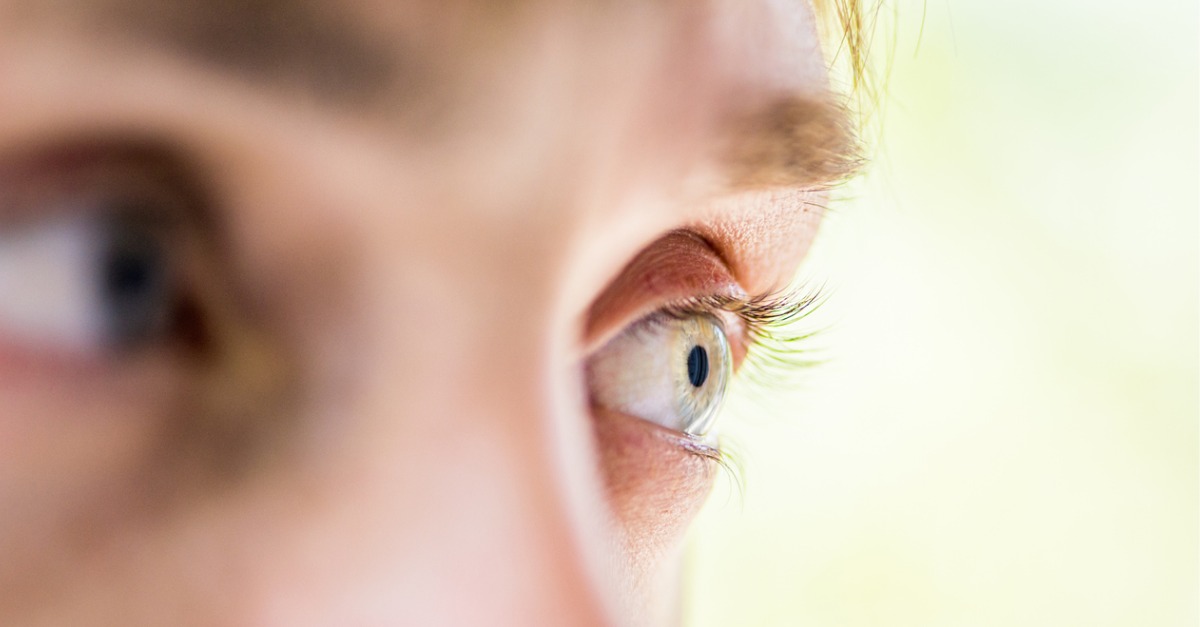For people living with diabetes, proper blood sugar control is key to preventing other serious health complications. Increased blood sugar levels can damage many of your body’s systems, especially your eyes. If you have diabetes, here’s what you should know about keeping your eyes healthy:
What Is Diabetic Eye Disease?
Diabetic eye disease is the umbrella term applied to eye problems that can affect people with diabetes, including:
- Diabetic retinopathy: In this condition, diabetes damages the blood vessels in your retina — the light-sensitive tissue that lines your inner eye. These damaged vessels can become overgrown and leak fluid, causing blurred vision and potentially blindness.
- Diabetic macular edema: The macula is a part of your retina used for activities like reading and driving. This complication occurs when diabetes leads to swelling of your macula, which can affect sharp vision and cause vision loss. Oftentimes it occurs after diabetic retinopathy has progressed. Diabetic retinopathy is treatable, and early intervention improves successful outcomes.
- Cataracts: Anyone can develop cataracts, but people with diabetes may develop them at an earlier age. Blurred vision is the most common symptom of cataracts, and this occurs as the lens of the eye clouds.
- Glaucoma: A complex condition characterized by elevated pressure in the eye, glaucoma can lead to permanent loss of vision. Like the other diabetic eye conditions, systemic changes that occur with diabetes can increase your risk of glaucoma. It can often be managed when caught early, however.
How to Prevent Diabetic Eye Disease
Diabetic eye disease can occur no matter which type of diabetes you have, but it isn’t inevitable. Here are a few ways you can reduce your risk of serious eye conditions when living with diabetes.
Manage Your Blood Sugar
“Working with your primary care physician to ensure your A1C is under good control is very important,” explains Dr. Sapna Desai, cataract surgeon. “We recommend an A1C of 7.0 or lower. New data suggests this can drastically reduce the risk of diabetic eye disease.” Keeping your blood sugar levels within your target range is an important strategy for reducing the risk of diabetic eye disease and diabetes complications in general. In addition to changing the structure of the blood vessels in your eyes, uncontrolled blood sugar levels can also alter the shape of your eyes’ lenses themselves, causing blurred vision. While your doctor can offer individualized guidance for managing your glucose levels , most care plans involve routinely checking blood sugar levels, making dietary changes, and taking medication, if needed.
Exercise Regularly
While further research is needed, there’s some scientific evidence that suggests routine physical activity may prevent blood vessel overgrowth, a common factor in diabetic retinopathy. Regular exercise helps people with diabetes control the disease more effectively, which minimizes the risk of all complications. For people who have already developed an eye disease, exercise may also help to control its progression. Try to get 150 minutes a week of moderate aerobic exercise, which could include cycling, swimming, walking, or activities like yardwork.
Don’t Smoke
Smoking is an important risk factor for diabetic retinopathy, glaucoma, and cataracts, as well as other eye conditions unrelated to diabetes. If you currently smoke, develop a cessation plan with the help of your health provider.
Go for Annual Eye Exams
Our eyes experience changes as we age, but many eye conditions go undetected in their earliest stages. “Yearly eye exams are crucial for spotting early signs of diabetic retinopathy,” shares Dr. Desai. “With early intervention, we can change your diabetic medication and prevent the need for eye-specific treatment.” Catching the signs of potentially serious conditions before noticeable symptoms develop can help to slow their progression and prevent blindness. Through pupil dilation, a typical component of a comprehensive eye exam, your eye doctor can detect early changes in your eye’s inner structures that may need treatment.
If you’re due for your annual eye exam, schedule a visit with Eye Consultants of Atlanta. Our eye care specialists help patients with diabetes manage their eye health as effectively as possible with individualized care plans, and you can call us directly at 404-351-2220.

